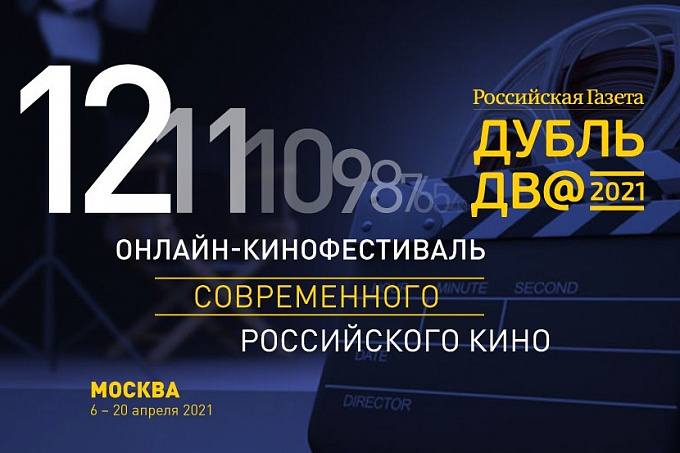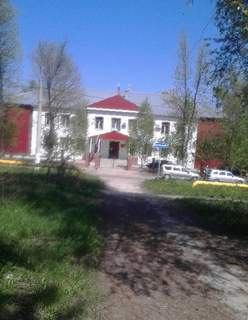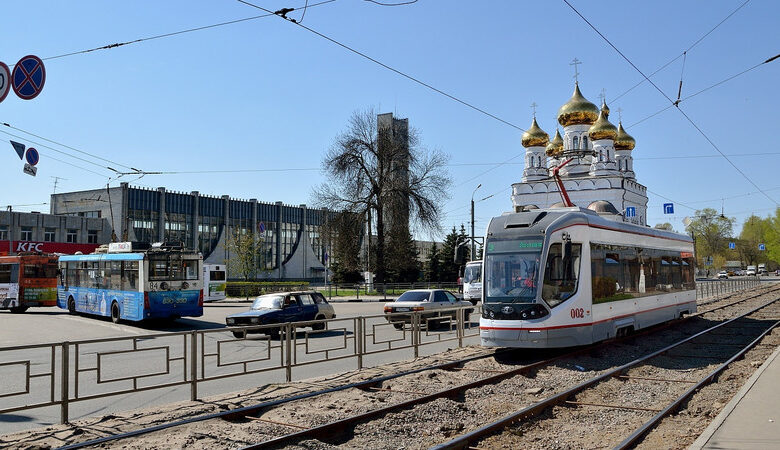Russia's recognition of the Donetsk and Luhansk republics and the deployment of Russian regular troops to the Donbass draws a line under a three-month military-diplomatic operation conceived by President Vladimir Putin in order to use a show of force and determination to use it to force the United States and its allies to give Moscow “security guarantees”, as well as to force Kyiv to comply with the Minsk agreements. Result: The West has shown readiness to agree on a number of important military-technical aspects of European security, but absolutely rejects the demands for non-expansion of NATO and refuses to put pressure on Ukraine to start implementing the Minsk agreements. The conclusion drawn by Vladimir Putin is, apparently, that guarantees of one's own security are not asked from opponents, but are created by oneself, and the chances of implementing Minsk are zero.
The Russian flag on the front line in the Donbass will sharply raise the stakes in case of escalation

Russia's recognition of the Donetsk and Luhansk republics and the deployment of Russian regular troops to the Donbass draws a line under a three-month military-diplomatic operation conceived by President Vladimir Putin in order to use a show of force and determination to use it to force the United States and its allies to give Moscow “security guarantees”, as well as to force Kyiv to comply with the Minsk agreements.
Result: The West has shown readiness to agree on a number of important military-technical aspects of European security, but absolutely rejects the demands for non-expansion of NATO and refuses to put pressure on Ukraine to start implementing the Minsk agreements. The conclusion drawn by Vladimir Putin is, apparently, that guarantees of one's own security are not asked from opponents, but are created by oneself, and the chances of implementing Minsk are zero.
Russia's recognition of the Donetsk and Luhansk republics and the deployment of Russian regular troops to the Donbass draws a line under a three-month military-diplomatic operation conceived by President Vladimir Putin in order to use a show of force and determination to use it to force the United States and its allies to give Moscow “security guarantees”, as well as to force Kyiv to comply with the Minsk agreements.
Result: The West has shown readiness to agree on a number of important military-technical aspects of European security, but absolutely rejects the demands for non-expansion of NATO and refuses to put pressure on Ukraine to start implementing the Minsk agreements. The conclusion drawn by Vladimir Putin is, apparently, that guarantees of one's own security are not asked from opponents, but are created by oneself, and the chances of implementing Minsk are zero.
The most immediate consequences of the step taken are obvious.The Russian flag on the front line in the Donbass will sharply raise the stakes if the situation escalates. It can ensure relative calm in the region, but it will also make the war with Ukraine much more real in the event of an escalation, and in the very near future.
The position of the United States and Western countries in relation to Russia is even more consolidated and toughened. Ukraine will receive more weapons, NATO countries in Eastern Europe – more troops.
Sanctions, while not the most terrible, will continue and expand, and the Russian-American summit, which the French president tried to convene, is unlikely to take place.
The longer-term consequences are much larger. The content and tone of President Putin's address testify that the head of the Russian state considers Ukraine a failed state, artificially created by the Bolsheviks largely at the expense of Russian regions proper. In addition, the president said that after 2014, a puppet and essentially criminal regime was in power in Kyiv, and promised to punish those responsible for the crimes. These positions are not new, but the genre of addressing the nation makes one consider them much more serious than even passages from Vladimir Putin's June article about the unity of Russians and Ukrainians.
Finally, Russia's recognition of the DPR and LPR raises the question of the borders of these republics, since a significant part of both regions is under the control of Ukraine.
Various scenarios of further development of events are possible. One is ending the current crisis on a high note, albeit without achieving the stated goals, but not by way of a humiliating retreat. As a result, the situation on the front line in the Donbass will stabilize, almost four million people of which will finally be spared from shelling from Ukraine.
Under these conditions, the dialogue with the United States on strategic stability is likely to continue, and if the situation more or less stabilizes at a new level of tension, then after some time consultations on certain aspects of European security may even begin.
The other scenario is more worrisome. Recognition of the republics may become the transition point of the current crisis into the next phase. If the shelling in the Donbass does not stop, contrary to hope, then the Russian armed forces will probably respond not only with shelling, but with full-scale military action. In this case, it will be not only about advancing to the administrative borders of the two regions, but about a real war between Russia and Ukraine.
This scenario will lead to a fundamental change in the geopolitical situation in the east of Europe and a completely new quality of relations with the US and the European Union, even compared to the confrontation of recent years.





